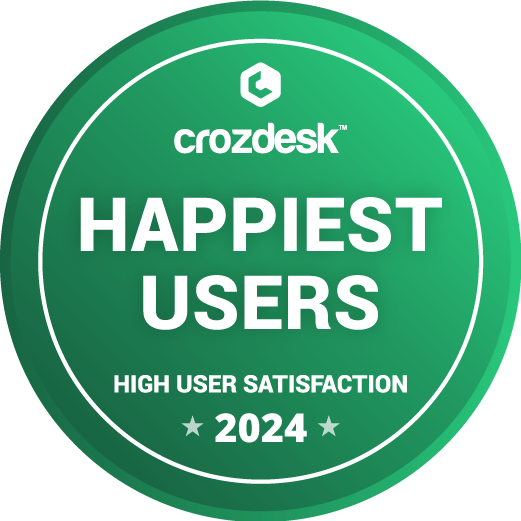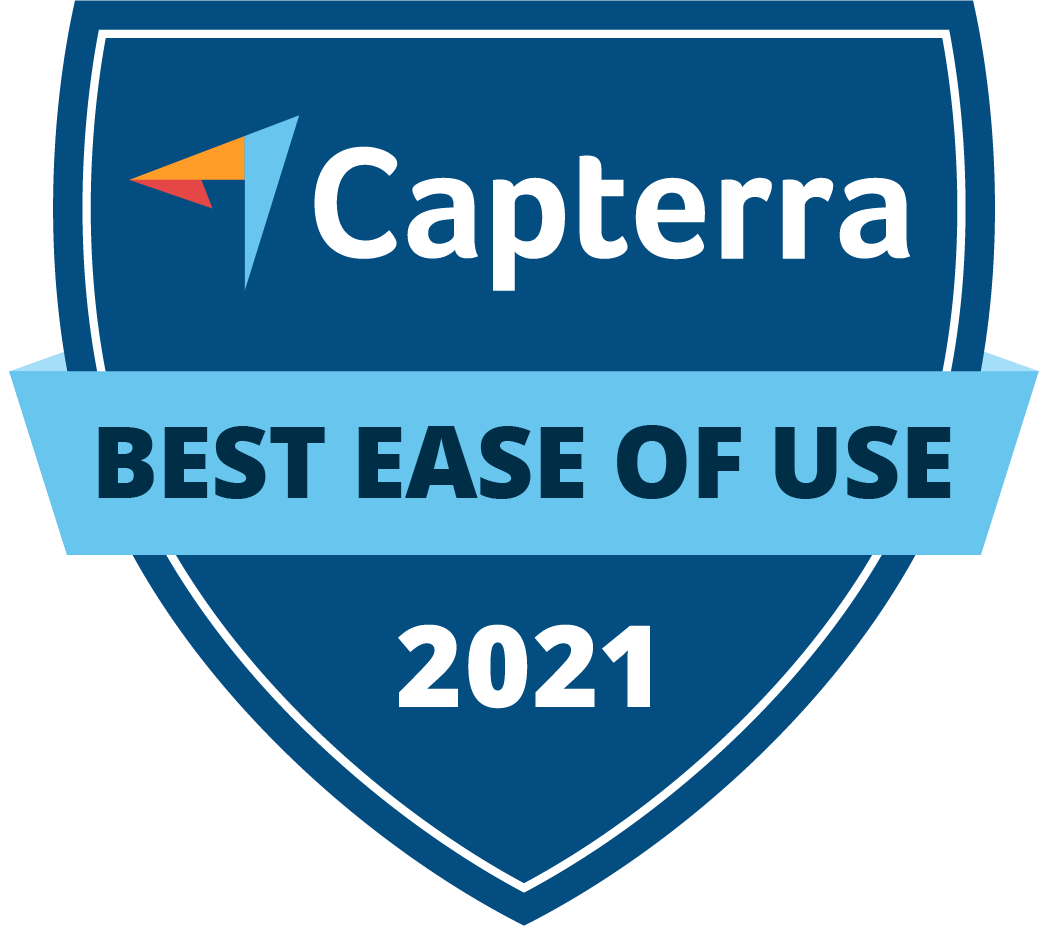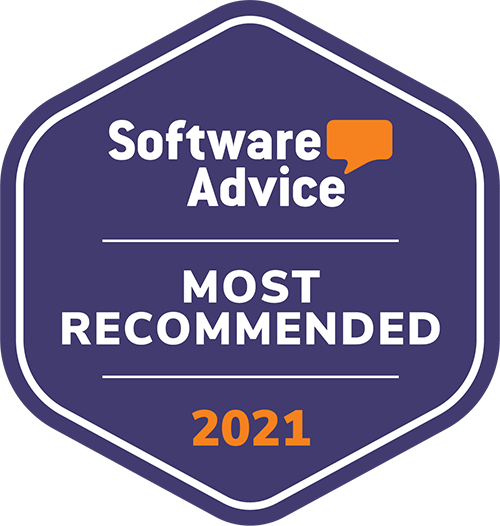It wasn’t a hard choice to select SmartSurvey. Not only did they understand what we were looking to achieve right from the start, they presented a solution that represented everything we needed.
Dichotomous Questions
Dichotomous Questions

Knowing what different survey question types are available to you and when it’s best to use them is vital, if you’re to give yourself the best chance of gaining the survey insight you need.
Subsequently, when it comes to planning your survey questions, I’m sure there will be times when you will want to be able to clarify specific information quickly or be able to route participants through your survey based on the answers they’ve just provided. This is where the use of dichotomous questions can be extremely helpful.
What are dichotomous questions?
Belonging to the closed-ended family of questions, dichotomous questions are ones that only offer two possible answers, which are typically presented to survey takers in the following format – Yes or No, True or False, Agree or Disagree and Fair or Unfair.
By narrowing down the answer options that are available in this way, dichotomous questions are a great way of clarifying opinion or understanding on something, with recipients providing answers that are absolute – either one way or another.
However, it’s important that they are used with care, as their overuse could lead to respondent frustration or compromised results.
Advantages and disadvantages of dichotomous questions
While we’ve provided a good outline of what dichotomous questions are, it’s also prudent to be aware of the pros and cons of using them before you start your survey, as this will help ensure you get the greatest value from using them, while minimising some of their limitations.
Here’s some beneficial reasons why you might like to use dichotomous questions:
- They are great for factual reporting: as there’s only two possible answers to analyse and report on. It’s either one thing or another.
- They are short and simple: this makes it quick and easy to analyse your data findings.
- They simplify the survey experience: the more of these types of questions that are in your survey, the simpler and faster it will be for your respondents to complete.
- They help ensure only the most relevant respondents complete your survey: this is because dichotomous question can be asked as a screening question at the start of your survey to screen out irrelevant survey takers from participating.
For example, if you were running a survey aimed at people working in the human resources industry, but you only wanted to interview those in management positions, you could ask them the following question at the beginning of your survey to qualify those most suitable for taking your survey and to disqualify those who are not from taking it:
Are you employed in a management role in HR? Yes or No
However, there are equally some limitations to using dichotomous questions, which you will need to be aware of. This will help you to focus on where their placement offers you the greatest value, and help minimise any potential negative impacts:
They don’t always capture what a respondent really thinks: the simplistic nature of dichotomous questions means that they often leave respondents choosing between one of two options, where neither captures their true feelings and can result in survey bias.
They can allow respondents with limited opinion or knowledge on a subject to answer: dichotomous questions with yes or no answers, could be open to abuse by some respondents, who just rush through the survey, selecting ‘yes’ or ‘no’ without thinking about the question, or having any real knowledge of what it’s asking them. This could potentially harm the reliability of your results.
They place limitations on the analysis that can be performed on them: while it may be the case that it’s simpler and quicker to analyse data based on absolute ‘yes’ or ‘no’ or ‘true’ or ‘false’ answers, as it only offers two possible outcomes. In contrast, with other question types, especially open-ended ones, respondents get much more freedom to express what they really think and feel, giving you much more accurate and valuable data. So, it’s worth bearing this in mind, when you’re using dichotomous questions and only including them where their value outweighs any downsides.
Dichotomous question examples
Whatever survey you’re planning or audience you’re trying to reach, whether through a customer service survey of your customers, or a patient feedback survey to gain greater insight into the satisfaction levels of your patients, knowing when to include and how to phrase dichotomous questions can be really valuable. That’s why we have outlined a few examples for you.
1) Employee & HR
While an employee exit survey is a great way to better understand why people are leaving your company and try to foster an improved working environment and reduce employee churn, it can also provide the opportunity to ask some very direct questions, which can help inform how you move forward. This is where the use of dichotomous questions can be very advantageous.
For example, having delved to find out more about why an individual wants to leave and asked them for suggestions about any improvement your organisation could make, you might want to ask them the following dichotomous questions, to bring more clarity to your research about what you should do next.
If we were to implement your suggestions, would you consider working here again? Yes or No
Would you recommend our company to others? Yes or No
2) Education & Academia
Similarly, the use of dichotomous questions can be valuable in other settings such as education, through the use of education surveys, or more niche areas such as academic research surveys. This could involve you gathering feedback across a whole host of areas, from the evaluation of courses or training/learning programmes, to assessing pupil/student satisfaction levels and the evaluation of teacher/trainer performance.
For example, it might be that you work in academia and regularly run surveys after students have completed courses with you, to test their understanding of what they learnt. In such a scenario, dichotomous questions, could provide an ideal fact gathering opportunity to test what students had learnt and retained. This may involve using True or False questions such as the following, which looks at their understanding of sampling techniques.
Sampling provides an alternative to a census when it would be impractical for you to survey the entire population? True or False
Researchers normally work to a 95% of certainty. This means that if your sample was selected 100 times, at least 5% of these samples would be certain to represent the characteristics of the population. True or False
3) Events
When it comes to events and exhibitions, stakeholder feedback from event surveys is crucial in enabling event organisers to know what went well, what didn’t work so well and what improvements they need make to further increase their event’s success the next time around. It’s also worth pointing out that the feedback collected from first time attendees is equally as valuable as that from seasoned event veterans.
In such a scenario, you could use dichotomous questions right at the beginning of your event survey, to route these two different attendee types down different pathways, asking different questions to each. This should provide you with even more valuable feedback that you could use to make specific improvements for first time attendees and seasoned event attendees the next time around.
For example, imagine you were running an offline survey during an event and speaking to various visitors on the exhibition floor. You could ask the following them the dichotomous question at the beginning of your survey.
Have you visited this event before? Yes or No
For those that answered yes, you could maybe follow this up with:
What motivated you to return to our event?
Alternatively, for those that answered no, you could present them with the following question:
As a first-time visitor, what are your first impressions of this event?
While each question would provide different information, and therefore more to feedback to analyse, their overall contribution would make your survey stronger and more beneficial in terms of how you could improve your next event.
How to use dichotomous questions
Having explored exactly what dichotomous questions are and their key advantages and disadvantages, it’s helpful to conclude by outlining the best uses for them.
Effectively, there are two great ways in which you can use them:
Survey screening questions: one of the best ways to use dichotomous questions is as screening questions at the beginning to out screen irrelevant survey takers from participating, so that you’re only left with the most relevant respondents to take your survey. This should help boost the overall quality of your data.
To provide further clarity when needed in the body of your survey: whatever you’re looking to find out and whatever survey you’re running to get this information, dichotomous questions are a great way to gain clarity on a range of points as respondents progress through your survey. For example, if you were running a product survey you might want a clear ‘yes’ or ‘no’ from an individual as to whether they had previously brought a product from you via your product app. In contrast, if you were running a healthcare survey you might want similar clarity about whether a patient experienced particular treatments before.
Essentially, dichotomous questions can add much greater structure and clarity to your questionnaire, indeed it is not unusual to see entirely yes or no surveys.
However, there are many factors to consider when developing survey questions, not just with the use of dichotomous questions, but other question types too. Therefore, we must always look to strike a balance between questions that make it easier to collect data, while protecting the respondent experience. If you do this, it will help ensure you get back the most valuable and rounded data with which to be able to make business decisions with.
How are we different?
UK based
Your data will be stored and processed here in the UK for your peace of mind.
Fanatical support
We pride ourselves on going above and beyond for our customers, providing expert advice and support whenever you need it.
You're in safe hands
Our secure platform and robust data protection measures ensure your data is safe and secure with us. We are ISO27001 and Cyber Essentials Plus certified.
We're human
We understand the importance of personal interaction, which is why we offer a human touch alongside our cutting-edge technology.
Accessibility matters
We're committed to making our surveys accessible to everyone, with a range of features to support those with disabilities.
Unlimited responses
With no limits on the number of responses you can collect, you can be sure your survey will reach as many people as possible without it being cost prohibitive.

Don’t just take our word for it
Over 500,000 users have registered to use SmartSurvey.


We couldn't be happier with SmartSurvey, we love its functionality and flexibility. This means we have been able to use one survey tool across many parts of the business.








Get in touch
We are ISO27001 certified, registered under the Data Protection Act and fully compliant with EU Privacy Laws.
Access to a knowledgeable account manager for personal assistance for when you most need it.
Our friendly design team is on hand to assist with any bespoke design and custom development requests.
We succeed if you succeed. Our goal is to help you carry out effective research and we’re here to help you achieve that.
